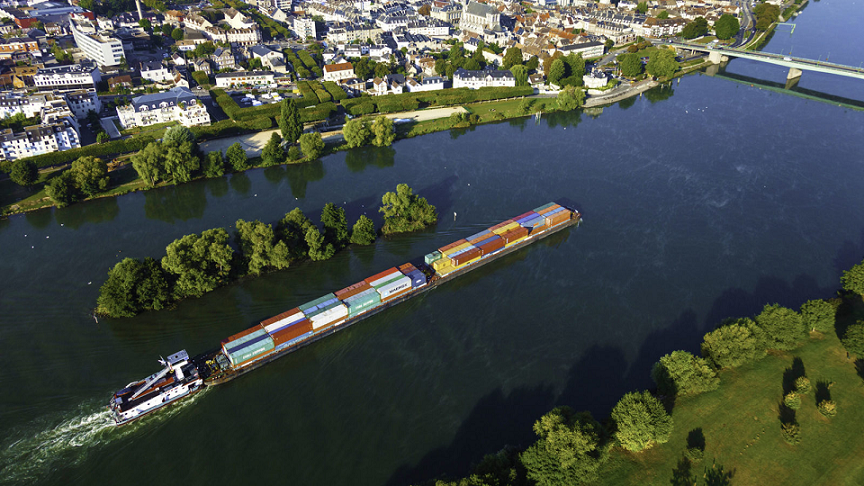
Govt may offer 35% Subsidy for Goods Transport via Inland Waterways
NEW DELHI : To enhance the transportation of goods through rivers, which currently constitutes only 2 per cent of India’s total freight movement, the government is planning to introduce a three-year subsidy scheme for cargo owners opting for Inland Waterways.
Under the proposed initiative, a 35 per cent subsidy for transportation on national waterways 1, 2, and 16 is expected to shift around 800 million tonne-kilometres (tkm) of cargo to Inland Waterways, as per the Ministry of Ports, Shipping, and Waterways. (Tkm measures cargo transportation by multiplying the metric tonnes of goods by the distance travelled in kilometres.)
The ministry highlighted in a policy document that the inland water transport (IWT) sector is still in its early stages and requires support to encourage a shift in cargo movement, alongside the development of necessary infrastructure. While waterway transportation is inherently more cost-effective than other modes, the multi-modal nature of logistics increases overall expenses, making it less competitive compared to road and rail transport.
Officials familiar with the matter estimated the scheme would cost approximately Rs 1 billion, including Rs 450 million for subsidies and Rs 400 million for establishing inland vessel services.
Currently, road transport dominates the freight sector with a 65 per cent share, followed by rail at 26 per cent, while inland waterways contribute a mere 2 per cent, according to the ministry’s assessment.
The ministry explained that although efforts are underway to develop infrastructure for waterways, financial support is crucial to encourage cargo owners to switch to this mode. They noted that the IWT sector’s budget is less than 1 per cent of that allocated to road and rail transport, making the competition particularly challenging.
The proposed financial incentives, amounting to 35 per cent of actual operating expenses for waterway journeys, aim to facilitate a sustainable shift of cargo from road and rail to inland waterways. These incentives will apply only to long-haul movements exceeding 300 kilometres and will exclude costs incurred during the first and last mile of transportation.

